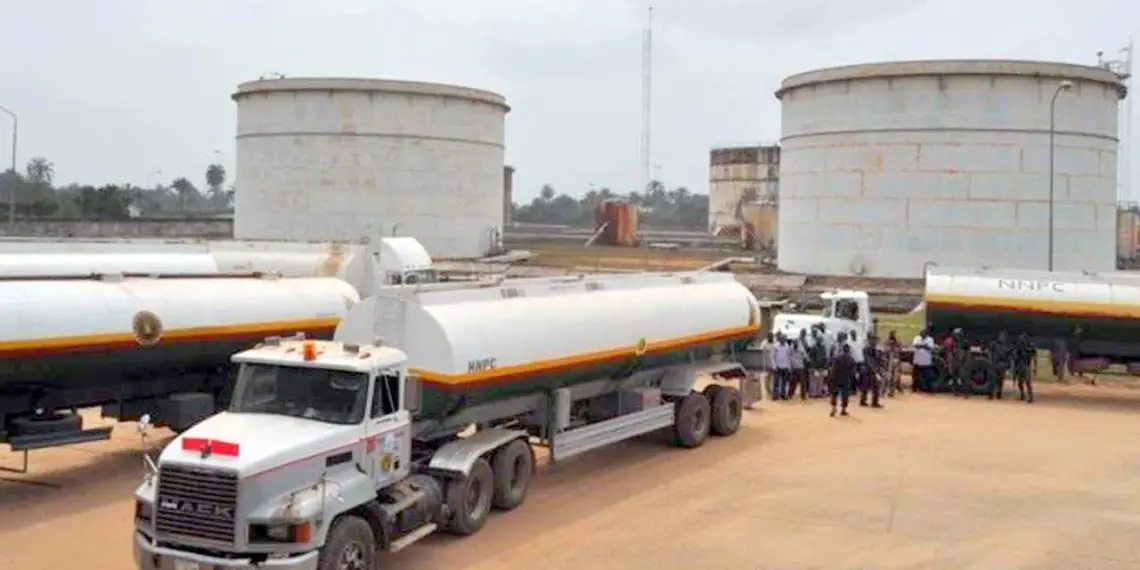INTRODUCTION
The history of oil exploration in Nigeria which dated back to as far back as 1908, and the contribution of oil sector to the economic, social and technological development of the country need not be restated in this forum. However, what need to be stated is the fact the Nigeria Oil Industry did not have a specific and well defined guideline and standards for the control, regulation and monitoring of environmental performance in the early days of its existence. This was despite the presence in Petroleum Laws, Acts and Decrees (some of which date back to 1950s and early 1960s) of some clauses and provisions for the regulation of operations with regard to environmental pollution and control. The industry has come a long way from a quiet and largely unnoticed beginning to its present day profile of high visibility and predominance in the economy. In the early days, operators and impact of their relatively low-key operations were not as busy as they are today.
As one of its statutory functions, the Department of Petroleum Resources is required to ensure that petroleum industry operators do not degrade the environment in the course of their operations.
To effectively carry out these regulatory activities, the Department has been developing environmental guidelines and standards since 1981. These cover the control of the pollutants from the various petroleum exploration, production and processing operations.
This publication is an update of these, guidelines and standards in light of the advancements in the current treatment and pollution control technology.
It covers environmental control of various petroleum activities in Nigeria, including exploration, production, terminal operations, hydrocarbon processing plants, oil and gas transportation and marketing. It includes where applicable, a discussion of the sources and characteristics of gaseous, liquid and solid wastes generated, principal control methods and effluent limitation and standards. It is the intention of the Department of Petroleum Resources to update this publication periodically as new knowledge becomes available
DPR FUNCTION
DPR has the statutory responsibility of ensuring compliance to petroleum laws, regulations and guidelines in the Oil and Gas Industry. The discharge of these responsibilities involves monitoring of operations at drilling sites, producing wells, production platforms and flow stations, crude oil export terminals, refineries, storage depots, pump stations, retail outlets, any other locations where petroleum is either stored or sold, and all pipelines carrying crude oil, natural gas and petroleum products, while carrying out the following functions, among others:
- Supervising all Petroleum Industry operations being carried out under licenses and leases in the country.
- Monitoring the Petroleum Industry operations to ensure that are in line with national goals and aspirations including those relating to Flare down and Domestic Gas Supply Obligations.
- Ensuring that Health Safety& Environment regulations conform with national and international best oil field practice.
- Maintaining records on petroleum industry operations, particularly on matters relating to petroleum reserves, production/exports, licenses and leases.
- Advising Government and relevant Government agencies on technical matters and public policies that may have impact on the administration and petroleum activities.
- Processing industry applications for leases, licenses and permits.
- Ensure timely and accurate payments of Rents, Royalties and other revenues due to the government .
- Maintain and administer the National Data Repository
ABDUL A


